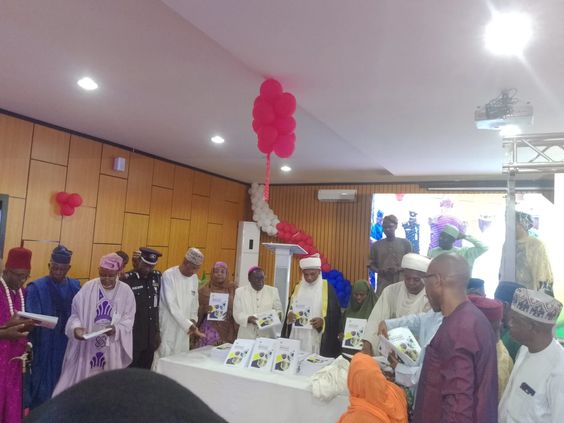Security & Crime
Sultan and Kukah urge community involvement in addressing security issues

Alhaji Sa’ad Abubakar III, the Sultan of Sokoto, has urged greater community involvement in addressing the nation’s ongoing security issues.
The call was made by Abubakar during a town hall meeting on Tuesday in Sokoto that was hosted by the Kukah Centre for Peace in partnership with Global Right, an NGO. Abubakar was represented by Dr. Jabbi Kilgore, the District Head of Kingori.
The Sultan claimed that poor leadership, unfairness, and inequality were some elements causing instability.
He urged leaders at all levels to treat their people fairly and to be aware that they would have to account for their stewardship after this life.
In his keynote speech, Bishop Mathew Kukah of the Sokoto Diocese mentioned injustice, extremism, and religious intolerance as some of the causes of the nation’s instability.
Additionally, Kukah claimed that the nation’s security problems were caused by fanaticism, injustice, and religious intolerance.
He asked all present to establish a united front to stop the threat, stressing that insecurity knows no boundaries based on religion.
Earlier, the governor of Sokoto State, Ahmad Aliyu, was present. He was represented by the Permanent Secretary of the Ministry for Religious Affairs, Alhaji Abubakar Torankawa.
Ali Kaigama, the commissioner of police for Sokoto state, underlined the necessity of public support for community policing initiatives launched by the Nigerian Police.
In order to combat insecurity in the nation, Kaigama stated that the police will continue to work alongside the Nigerian army and other sister security organisations.
Prof. Tukur Baba, the dean of the faculty of social sciences at Federal University Birnin Kebbi, focused on the causes of pre-independence instability throughout his lecture.
In order to address the issues of insecurity holistically, Baba suggested authorities to amend the land use legislation, taxation, and examine global, regional, national, and community measures.
He referred to the National Bureau of Statistics’ assessment, which showed the poverty index, as obvious.
“This is the result of insecurity, poor management, and poor people’s attitude in the northwest,” he remarked.
Additionally, Dr. Nafisa Zaki and Hajia A’isha Dantsoho, the Executive Secretary of Zaki’s GEM Foundation and Permanent Secretary of the Sokoto state Ministry of Women and Children Affairs, urged authorities to support inclusion, budgeting, and gender-equitable practises in all transactions.
Alhaji Sani Umar-Jabbi, the head of the community discussion committee and the district head for Gagi, gave a visual presentation of the community involvement campaigns being undertaken to address gender-based violence, religious misunderstandings, and other related social evils.
Umar-Jabbi pleaded for further funding in appreciation of the committee’s accomplishments in the state of Sokoto, highlighting the fact that violence is founded in poverty and ignorance and that its effects are felt by everyone, regardless of their political affiliation, race, or place in society.
